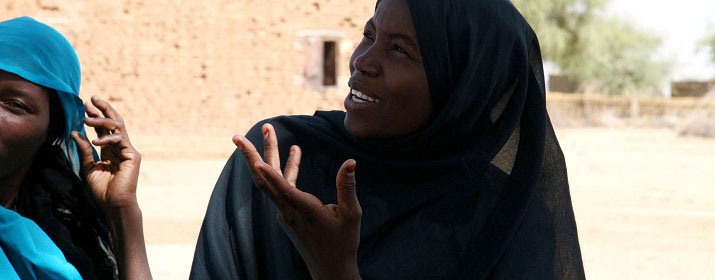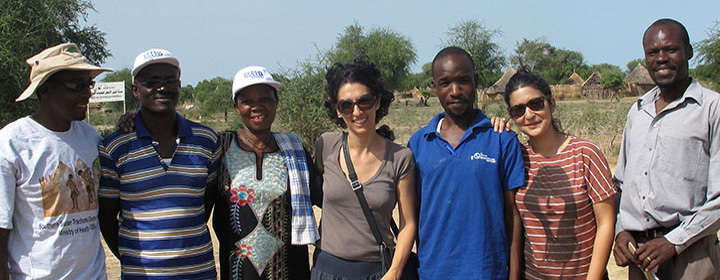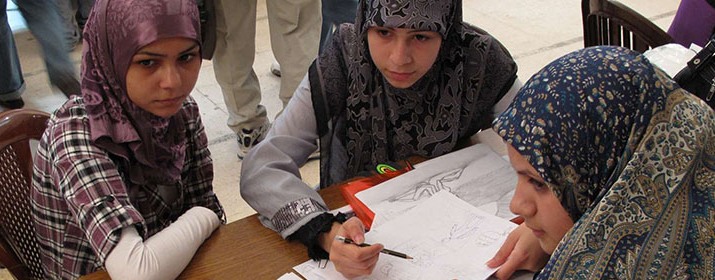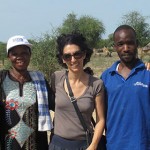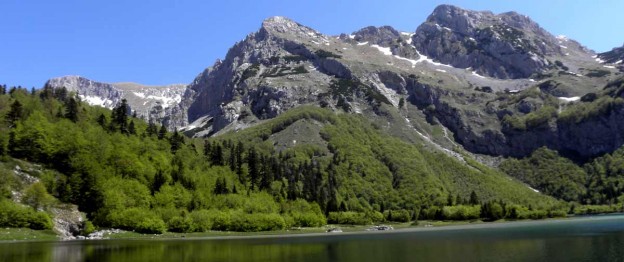“Tourism and Water: Protecting our Common Future” is the theme fot the 34th International Tourism Day that is celebrated every year on September, 27. The World Tourism Organization (UNWTO) launches a message that is both an alarm signal and an invitation to reflect and act: what’s the reason for the coupling between water and tourism?
European Commission guidelines say: “Water is the key of life: it is a crucial resource for humanity and the rest of the living world. Everyone needs water, not only for drinking. Our rivers and lakes, as well as our coastal waters and groundwater are precious assets to be protected.”
But what happens when in a single year (2012) tourists who cross the borders of their country touch the billion? For the tourism sector around the world, water is of crucial importance, a fundamental resource. In this scenario, the issue of management of water resources becomes a global issue, just as it is tourism, and the two things cannot be considered independent: the inequities in water consumption in the touristic localities are often characterized by deprivation of water for local communities; lack of water protection rights; waste and a disproportionate consumption needs compared with 800 billion of people without access to drinking water on Earth at present.
On one hand WTO highlights the responsibilities of tourism industry in a clever and sustainable management of water resources; on the other hand Ban Ki Moon calls each person to make environmentally conscious decisions.
COSV is committed to the development of local communities through sustainable tourism programs, in the belief that it is necessary to promote a conscious tourism. On one hand we support Right to water as crucial for human being, on the other hand experience teach us that tourism could represent an instrument for social, economic and cultural development when environment preservation is put to the fore. COSV has taken on this challenge in Lebanon for the development of clean energy, in the Balkans for the development of sustainable tourism, in Somalia, Zimbabwe and Ecuador for the biodiversity preservation and the sustainable management of water resources.
Looking to the future, tourism will be a real asset if it will be possible to manage resources limiting the environmental impact. We are called then to promote an ecological tourism, respectful and sustainable that is able to create jobs, sustain local economy and reduce poverty. Last but not least, travelling is a precious instrument to know reality, because, as Samuel Johnson said: “the use of travelling is to regulate imagination by reality, and instead of thinking how things may be, to see them as they are”.
Written by Alessandro Botta, COSV Country Representative for Macedonia and Montenegro.


